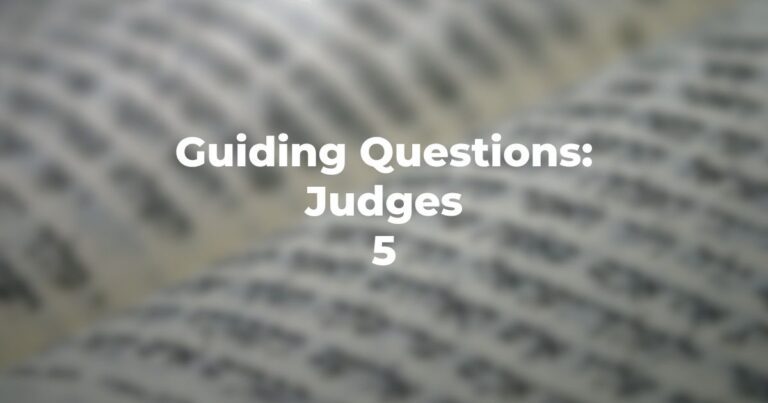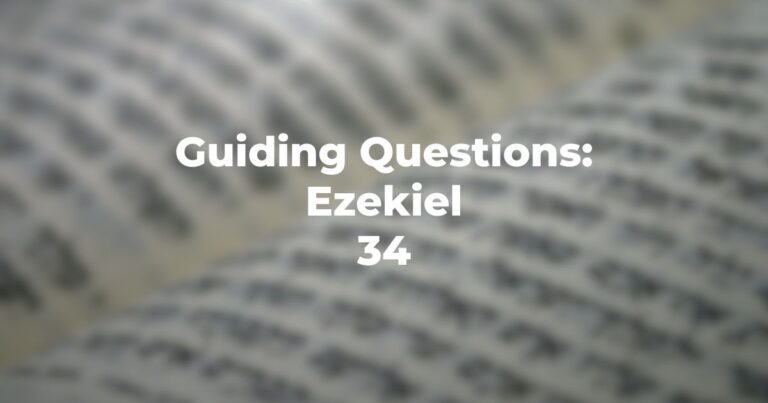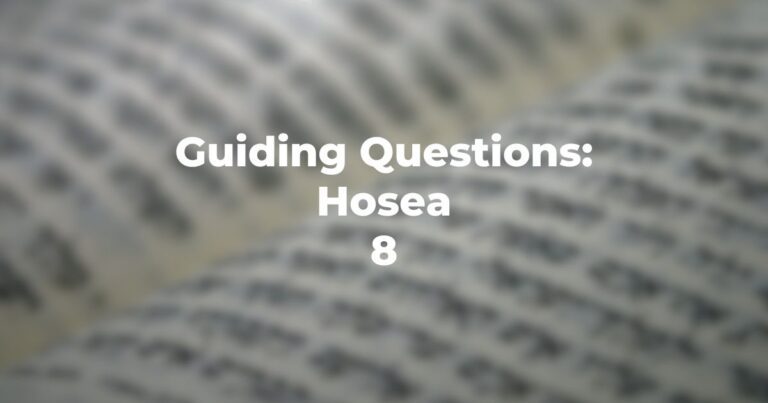- Does Ezekiel 11:1 indicate that the prophet is continuing his “visionary experience”?
- What is to be said to the officers and those who are with them (Ezekiel 11:4-6)?
- What is to be the destiny of these individuals?
- Once again (Ezekiel 11:12), what is the cited transgression of this group?
- As the prophecy is proceeding (Ezekiel 11:13), what transpires with one of the officers?
- Why does the prophet express dismay? What is his fear?
- Although the Israelites are scattered, what is the unifying element as reflected in the phrase “mikdash me’at”?
- Eventually (Ezekiel 11:17), what is the destiny of Israel?
- What is the “new spirit” mentioned in Ezekiel 11:19?
- Do the passages in Ezekiel 11:17-21, then, offer hope for the future of Israel?
- In his vision, what does the prophet note as to the “glory of God”?
- And, following this vision and the departure of the Glory from the Temple site, what becomes of Ezekiel?
- Having left Eretz Yisrael, what leaves the prophet?
- Having returned to the exile, what does Ezekiel “do” with that which he “saw” while in Jerusalem?
Author
-

Exploring Judaism is the digital home for Conservative/Masorti Judaism, embracing the beauty and complexity of Judaism, and our personal search for meaning, learning, and connecting. Our goal is to create content based on three core framing: Meaning-Making (Why?), Practical Living (How?), and Explainers (What?).
View all posts




